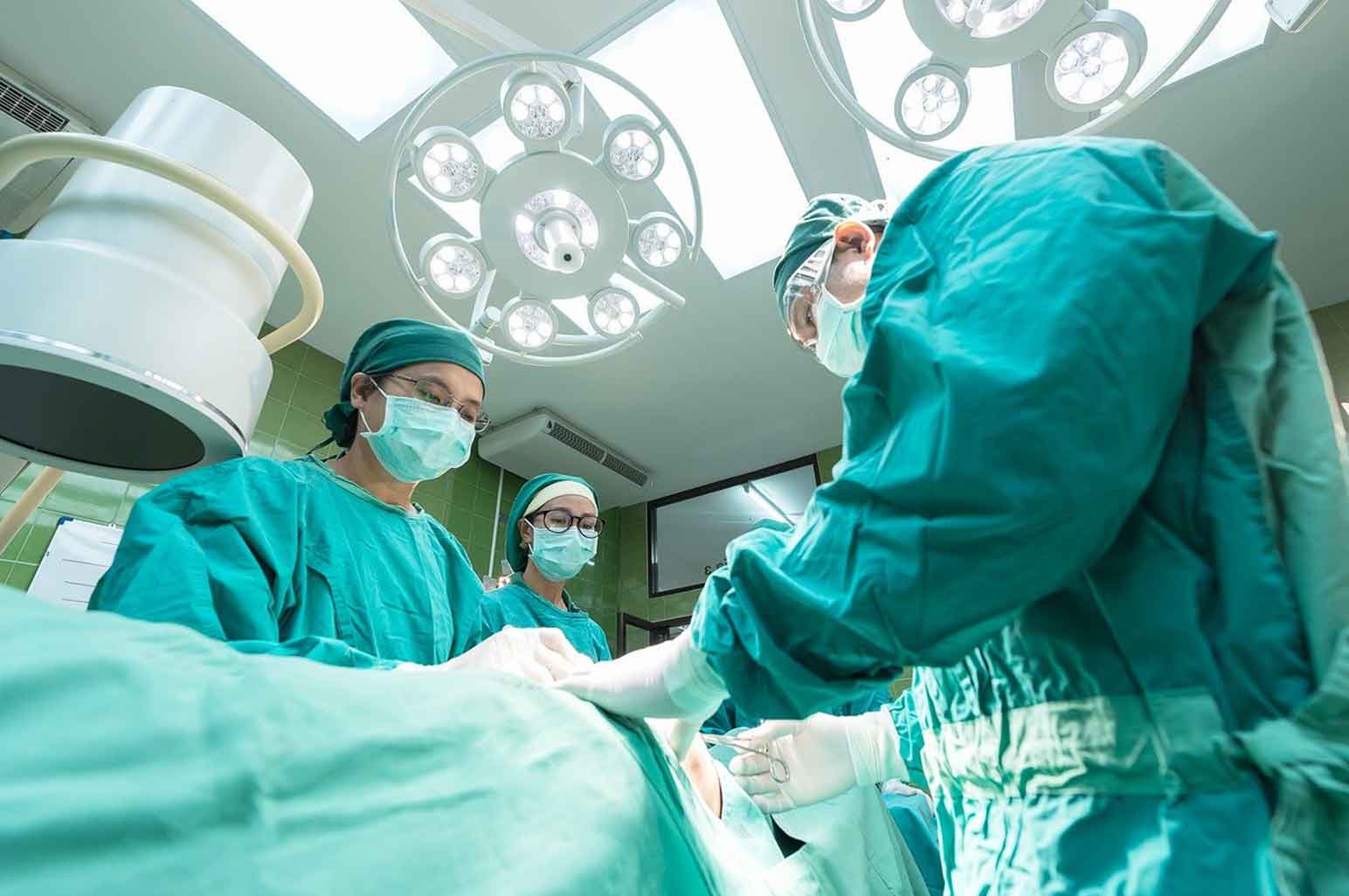
If you are reading this, it is likely that you know one or two approaches to weight loss. The best guess would be that you know a thing or two about exercise, dieting, and supplements. Well, it is not unlikely for some people to try all these methods without tangible results. This is especially for those who lack enough time to observe an active lifestyle, as well as those with health issues that don’t support it. Also, your weight could be subjecting you to various health risks or complications, so that you need to lose some pounds ASAP.
Well, in either situation, weight loss surgery becomes the most reliable alternative out there. Bariatric surgery is the most common example. In addition to helping to bring your weight down, it can also help in the management of health issues related to overweight and obesity. But one question is commonly asked about weight loss surgery. Is it safe and are there any risks?
Well, the procedure is safe, but just like any other kind of surgical procedure, it doesn’t come without a few risks. Let’s try to decipher this through the pointers that follow below.

1. ACID REFLUX
In layman’s language, acid reflux is a healthier version of heartburn, which is a common thing to all of us at least once a month. Since this major abdominal surgery seeks to alter your digestive system, the risks are directly associated with the stomach. The amount of food being digested is now lower than before. So, if you have heartburn frequently, you will require an effective treatment after the surgery because it can make it more uncomfortable and painful for you in your healing process.
2. MARGINAL ULCERS
Does the term stomach ulcers ring a bell? It is not a new term in human anatomy. Anything that revolves around the stomach has a lot to do with acidity, enzymes, and digestive juices, name them. Being left with ulcers is among the most common worries after gastric bypass or bariatric surgery. Professionals say that it has a lot to do with the change of stomach size and the amount of food being processed in this chamber. Other factors such as smoking, alcohol consumption, caffeine, medications, and bacterial infections in the stomach could also increase the risk of ulcers. The good thing is, post-surgical ulcers are treatable using anti-acid medications and drugs that protect the stomach lining.
3. INFECTIONS
This is not a new thing after surgery. There are instances where the doctors taking you through the process can use tools that are not adequately sterilized. This could cause infections to your wound. The new stomach connections can leak acids, enzymes, and bacteria. Some of the wound infections that could arise during bariatric surgery are bladder infections, skin infections, pneumonia, and deep abdominal infections.

4. BOWEL OBSTRUCTION
This is a blockage that restricts the flow of fluids and food substances from passing through your intestines. This occurs when the digestive system finds it difficult to adjust and adapt to the new changes in stomach anatomy. When experiencing bowel obstruction, various processes may have slowed down, including ingestion, digestion, absorption, and excretion. Some of the major causes may include fibroids, an inflamed intestine, and adhesion of the abdomen after surgery. It comes with a lot of cramping around the belly. It may be chronic or acute, but it can lead to life-threatening situations in the worst-case scenario.
5. GALLSTONES
These are solid materials that form in your gallbladder, which is found under the liver. Most of the time, they go unnoticed until you decide to take a scan, and they show. It is caused by imbalanced bile inside the gallbladder. When the cholesterol levels become excess, they form the stones. They are usually harmless but cause nausea, vomiting, abdominal pains, and general body weakness. Additionally, the risks increase when a rapid weight gain or loss.
Finally, organ damage is also possible during weight loss surgery. As man is to error, the doctors undertaking the procedure may unknowingly and unwillingly make errors. Some of the organs that can be injured during a weight loss surgery may include the kidney, liver, and pancreas, just to name a few.

Additionally, some traumas could result from such injuries. There are instances where we have heard of people talking about deformities and disabilities caused by medical surgeries. That is why you are required to do thorough research on the best surgeon to attend to your weight loss procedure.
